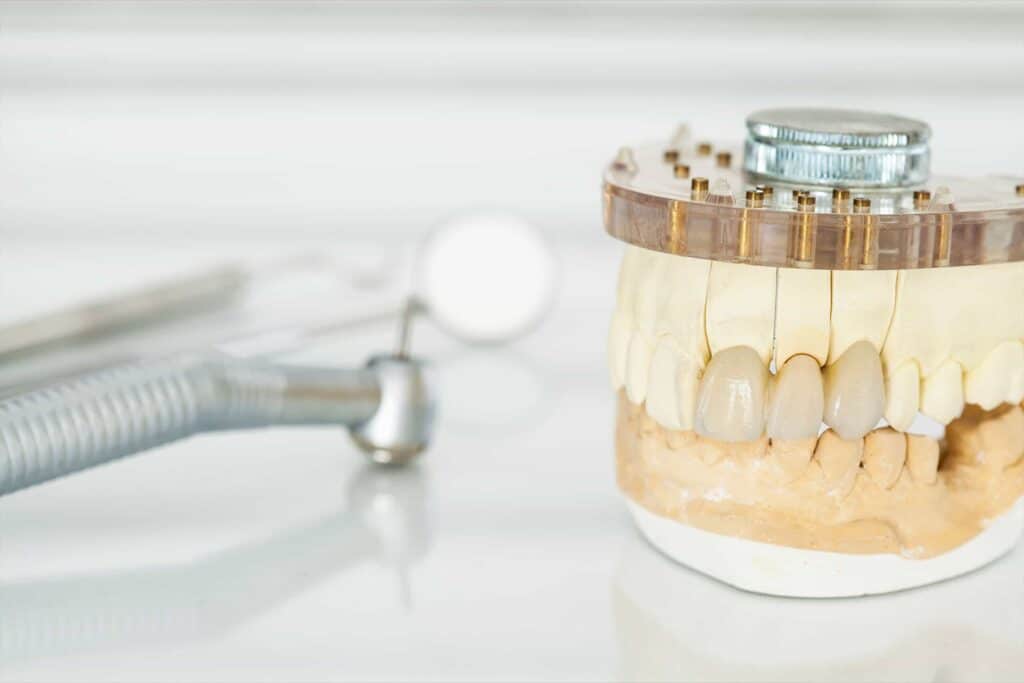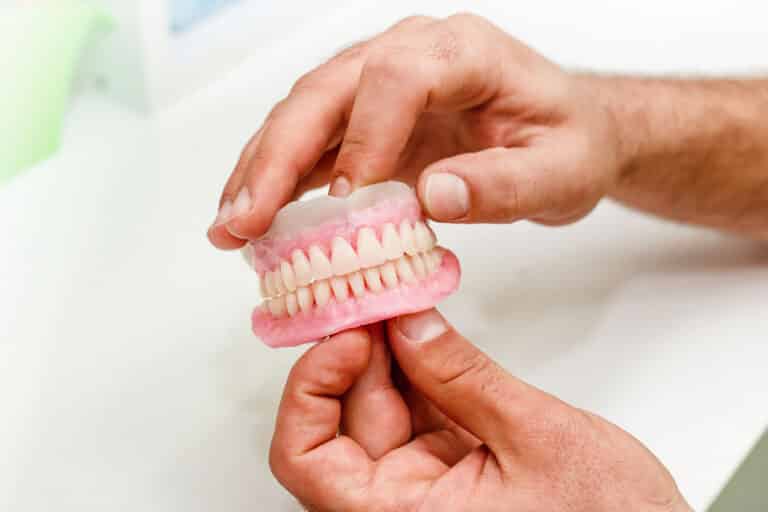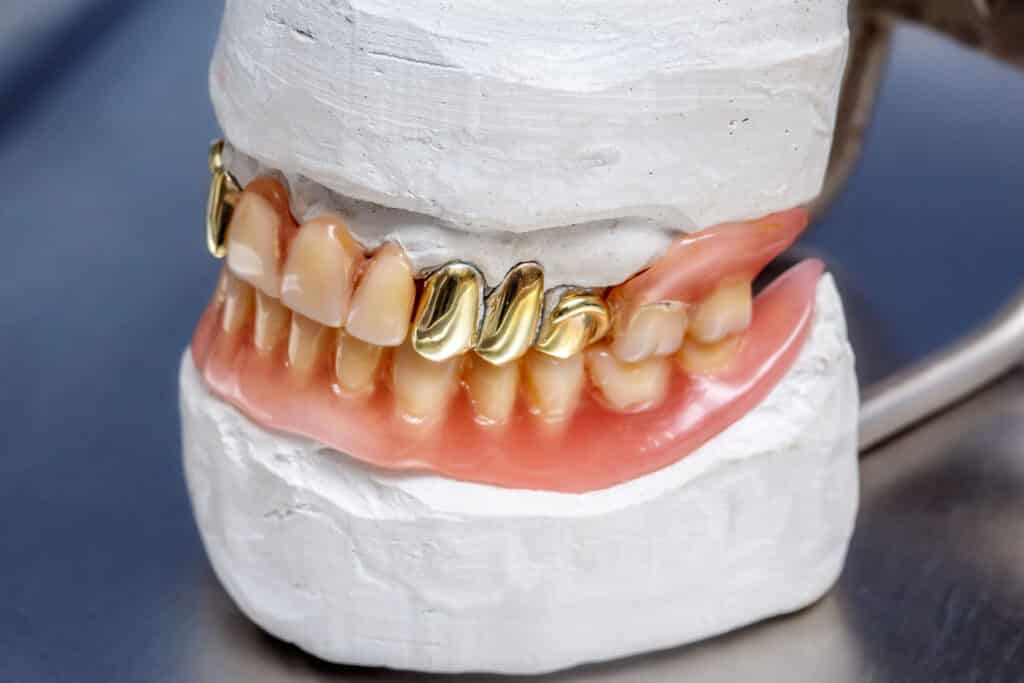Tonsil stones, which you might hear your dentist or doctor refer to as tonsilloliths, are small, hard lumps, usually white or yellow in color, that form in your tonsils. Though they can cause terrible breath, they’re typically not harmful or painful. In most cases, you can treat tonsil stones at home, but there are instances where your doctor might recommend surgery.
Many people suspect that they may have them when they develop bad breath. Because the tonsils consist of tunnels, pits, and crevices (tonsil crypts), various debris can become trapped. From mucus and saliva to food, the buildup of debris on tonsil crypts causes fungi and bacteria to feed, causing a very distinctive odor.
As time passes, the trapped debris will harden into a tonsil stone. Some people have one, while others have many.
What Causes Tonsil Stones?
There are a few causes of tonsil stones; some are avoidable, and some are not. Potential and common causes include:
Poor Dental Hygiene
Not caring for your mouth can result in additional debris that can become trapped in your tonsil crypts. Ensuring you have an established daily oral hygiene routine and regular dental checkups and cleanings can help prevent them.
Large Tonsils
Large tonsils can contribute to tonsil stones, as there is more room for debris and bacteria to form. Your doctor or dentist can let you know if you have large tonsils and care options.
Ongoing Sinus Problems
Chronic sinus issues, such as sinus infections can spark the formation of tonsil stones. If you’re experiencing sinus infections or other problems regularly, visit your doctor to pinpoint the cause and help prevent them.
Mouth Breathing
The irritation from constantly breathing with your mouth open during sleep and waking hours can contribute to the formation of tonsil stones. If you regularly breathe through your mouth, there are ways to eliminate or reduce it, so don’t hesitate to speak to your doctor.
Tonsillitis
Chronically inflamed tonsils, also known as tonsillitis, can contribute to the formation of tonsil stones. Many people who experience ongoing tonsillitis will have their tonsils surgically removed. Again, you’ll want to discuss this with your care team.
Do Tonsil Stones Hurt?
Some people don’t have any symptoms of tonsil stones other than (otherwise unexplained) bad breath. However, some report symptoms, some painful, due to them forming. They can irritate the throat, leading to a cough that can become painful over time.
Depending on the size and location of a tonsil stone, it’s common for patients to have trouble or pain with swallowing. Ear pain is another typical symptom. They can develop anywhere in the tonsil, and shared nerve pathways could cause pain in the ear.
While they typically don’t cause serious health problems, larger tonsil stones could disrupt or damage normal tonsil tissue. This tissue disruption can result in inflammation, swelling, and infection. It may require surgery if a practitioner links them to tonsil infections.
Do Tonsil Stones Go Away?
Tonsil stones that are smaller in size can resolve on their own or with the help of a home remedy or two. Of course, we recommend always speaking with a doctor regarding the severity and asking what you can do at home to remove them.
Gargling with diluted apple cider vinegar and saltwater are standard home methods for removing them. However, if the stones become too large and cause obstruction or infection, you may need a prescription-strength antibiotic or anti-inflammatory. The worst-case scenario is surgery.
How Can I Prevent Tonsil Stones from Forming?
While the only way to entirely prevent them from forming is to remove your tonsils, there are a few things you can do to keep them at bay.
- Brush and floss daily, preferably twice.
- Gargle with salt water after every snack and meal.
- Work a water pick into your oral hygiene routine.
- Quit smoking.
- Visit your dentist for regular checkups.
- Stay hydrated and drink plenty of water.
Removing Tonsil Stones
Patients can remove them at home if they’re small enough and not causing any other health concerns or issues, such as pain, trouble swallowing, or signs of infection. To remove them at home, gently push on the tonsil behind the stone with a cotton swab, encouraging the stone to pop out.
When the stone (or stones) dislodge, gargle with salt water or diluted vinegar to remove any remaining bacteria. Vigorous coughing may also dislodge them without professional intervention.
If you suspect or see that you have tonsil stones, contact your healthcare provider for additional information right away.





